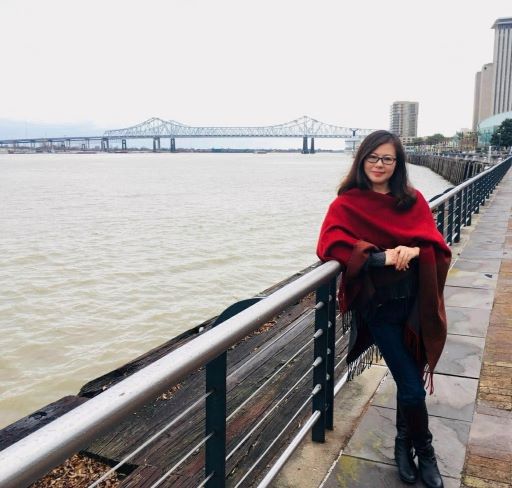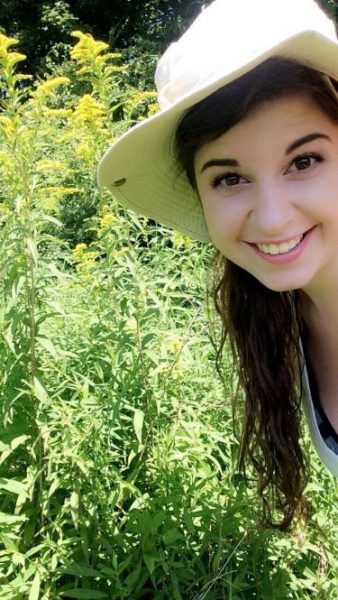
I am a fourth year PhD Candidate on the program of Rhetoric, Theory and Culture in Humanities Department. My research focuses on the rhetoric of healthcare and medicine and technical communication, particularly in the Chinese context. To be specific, I study the relationship between the healthcare and medicine rhetoric and Chinese culture and how they shape each other with the advancement of communication technologies. In my doctoral dissertation, by rhetorical analysis, I examine the expression of rhetorical agency in the 2017/2018 No. 1 childbirth and pregnancy commercial app named Babytree to see to what extent the app spreads the information and knowledge of pregnancy and mothering to empower its users (Chinese women); how the users write their embodied experience of pregnancy into the online narratives and stories to respond to China’s dominant and hegemonic healthcare and medical discourse and practice; how the users who, having been excluded from labor markets or having limited choices in labor markets due to getting pregnant, use technological affordances of social media to enter those markets, become professional communicators, and achieve their rhetorical agency economically. My study expands our understanding of the rhetoric of health and medicine in an international context and extends the field’s conceptions of rhetorical agency by exploring how rhetorical agency can be asserted economically in a non-capitalist, non-Western context. To put it another way, my study on rhetorical agency is considered on a more global scale than previous studies. At last, I am extremely grateful to the graduate school for this generous financial support. I also would like to express my gratitude to my advisor Dr. Marika Seigel and my committee members Dr. Robert Johnson and Dr. Sarah Bell for their enlightening and intellectual guidance.

